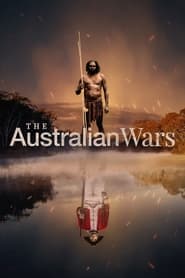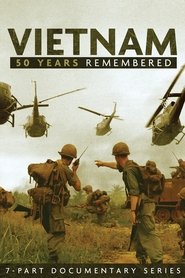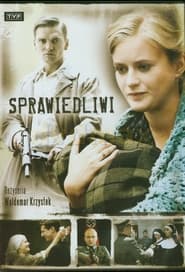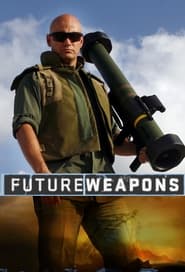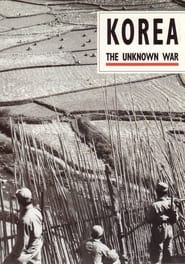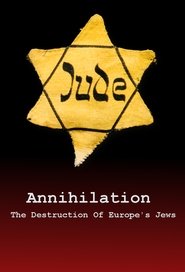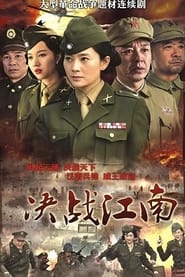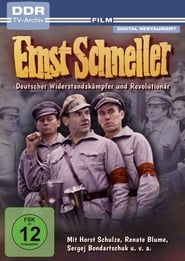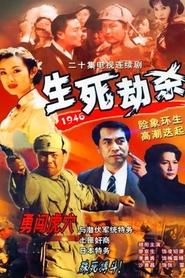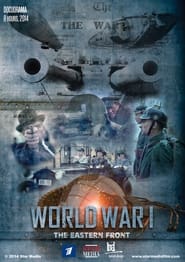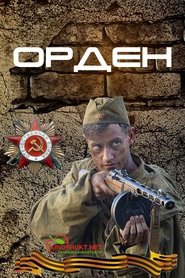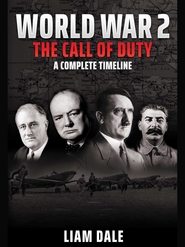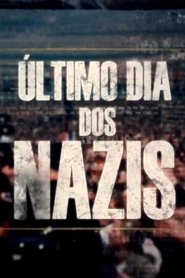War Politics TV Series - Page 90
-
The Australian Wars
2022
The Australian Wars
2022
star 10There are more than ten thousand monuments across the country that honour the war dead . But what of the bloody battles fought on our home soil, in our longest-running war that established the Australian nation? -
Vietnam: 50 Years Remembered
2015
star 7.3The history of U.S. involvement is told in this 7 part documentary series featuring personal stories from veterans and detailing the battles, strategy, and politics of a war that consumed multiple U.S. Presidents. A chronicle of the tragedy that tested the strength of our country and forever changed the social and political landscape of the world. -
La Plaça del Diamant
1983
La Plaça del Diamant
1983
star 5.3The life of a young woman in Barcelona during the Spanish Civil War and its aftermath. This a Television version, in a 4-episode miniseries format, of the film of the same name, based on the novel by Mercè Rodoreda. -
The Righteous
2010
The Righteous
2010
Basia and Stefan are a young married couple during World War II who risk their lives to bring aid to Jews. He is an architect, she a nurse--a member of "Zegota" (the Polish underground organization to aid Jews in occupied Poland which operated under the auspices of the Polish government in exile). The series takes place both during the war and in the present day. Basia and Stefan meet accidentally, fall in love, and marry. Basia is active with the underground from the beginning of the war; Stefan is not, but a family tragedy changes his attitude. -
伟大的长征
0000
伟大的长征
0000
The Long March (1934-1937): From strategic retreat to victory, showcasing communist resilience under Mao Zedong and Marxism's adaptation to China's revolution. -
FutureWeapons
2006
FutureWeapons
2006
star 7Future Weapons, sometimes also written as FutureWeapons and Futureweapons, is a television series that premiered on April 19, 2006 on the Discovery Channel. Host Richard "Mack" Machowicz, a former Navy SEAL, reviews and demonstrates the latest modern weaponry and military technology. The program is currently broadcast on the Discovery Channel and Military Channel. -
Korea: The Unknown War
1988
A documentary about the Korean War by Thames Television that aired in the Summer of 1988 and in the US in November 1990 through WGBH Boston. -
Annihilation
2014
Annihilation
2014
star 5.7Seventy years after the liberation of Auschwitz, we have not finished accounting for the destruction of Europe's Jewish population. One question remains today: not why, but how was the Shoah possible? -
Cseppben az élet
2019
-
Ernst Schneller
1977
Ernst Schneller
1977
The movie begins by showing how Schneller takes up the profession of a teacher out of love for the children. When the First World War begins, he becomes a 'volunteer officer' and slowly the political situation begins to shape him. He develops into a revolutionary fighter. -
Life and Death 1946
2001
Life and Death 1946
2001
-
World War I
2014
World War I
2014
World War 1. Over 35 world powers were involved in this conflict. As a result, four empires – Russian, Austria-Hungary, Ottoman and German – ceased to exist… The participant countries lost 12 million killed, 55 million were wounded… From the series, the viewers will learn about the overall course of the war and follow the incredible life stories of its heroes. -
Орден
2016
-
World War 2 - The Call of Duty: A Complete Timeline
2020
star 7Track the main events of World War II with the help of remarkable archive footage and see exactly what happened, and when. Learn about Pearl Harbor, The Battle of Britain, D-Day, the dropping of the atomic bomb and more. From the early battles right through to the complexities of the endgame, this extensive 24 episode series shines a spotlight on a period of history that should never be forgotten. -
浪花淘尽
2017
浪花淘尽
2017
-
Theodor Chindler - Die Geschichte einer deutschen Familie
1979
The series describes the time of the First World War in 8 episodes based on the novel by Bernard von Brentano from the perspective of the family of a Hessian Reichstag member, an independent man of the Catholic-conservative Centre Party. -
1979 - The Year Of The Islamist Revolution
2022
star 8During the 1970s the Middle East was a battleground for the Cold War; liberal pro-Western forces battled with pro-Soviet Arab Nationalists and Baathists. But in 1979 a series of events – the Iranian Revolution, Egypt’s peace with Israel, the Mecca Mosque Siege, and the Soviet Invasion of Afghanistan – contributed to a radical change in the mind-set of the region and its leaders. It was the start of the meteoric rise of radical Islam.
